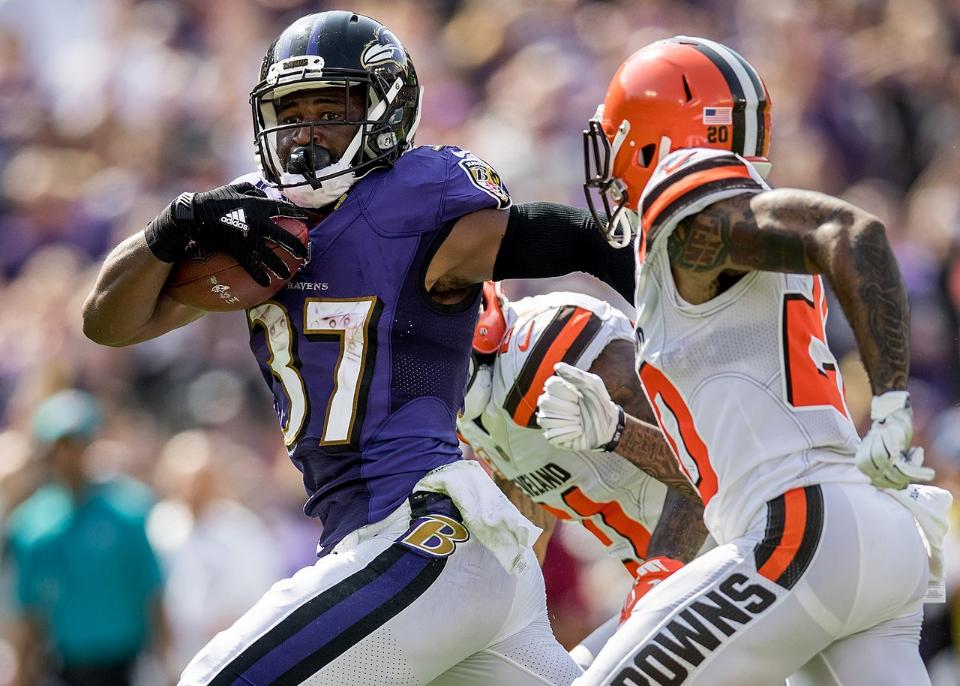We regularly hear that the NFL is a passing league. Some teams operate almost exclusively from the gun and regularly line up in spread formations. They seek to exploit rules that limit a defense’s ability to protect against an opponent’s passing attack.
Consequently, front offices seek defenders with a skill set that allows them to effectively play in space. Corners are longer to take on big receivers; linebackers with the ability to cover backs, tight ends and even slot receivers are preferred; nickelbacks with shifty hips and top end change of direction skills are sought out. Pass rushers are at a premium as team aspire to hit the quarterback with a 4-man rush.
And from the looks of it through the first two weeks of the season, defenses are catching up.
Many offenses are struggling in large part, because they can’t protect the quarterback. QB’s are focused on getting the ball out quickly and defenders are squatting on the routes. Verticals are often timing throws off three-step drops to exploit press coverage and aimed at windows created by late arriving safety support.
But even those plays seem to be fewer and farther between. Play action isn’t quite as effective at moving safeties off their marks as it once was because teams in general aren’t as committed to the run.
Yet so far in 2017, the Ravens are committed to the run.
On average, NFL teams run the ball 44.3% of the time through two weeks. Five of the eight teams currently sporting (2-0) records eclipse the average while 3 fall below the average (see chart). The Ravens ground and pound more than any other team.

In 2000, the Ravens thrived on a winning formula that included:
• Maximize turnover ratio
• Win the battle for field position
• Solid special teams
• Control the clock
• Play outstanding defense
The same formula can still work. It can help to protect an offensive line that fails to regularly give its quarterback adequate time to set and throw. And when the elements help to take the air out of the ball in December and January, the formula becomes even more effective. It’s akin to fundamental baseball and small-ball during the MLB postseason.
The formula might not be sexy. It might not be what fantasy footballers hope for.
But it is a formula that is tried and true, even in this pass happy NFL.
Just ask the 2015 Denver Broncos.











